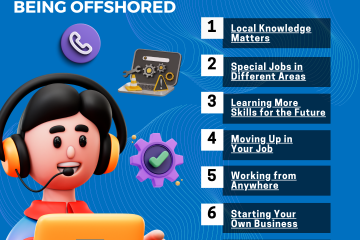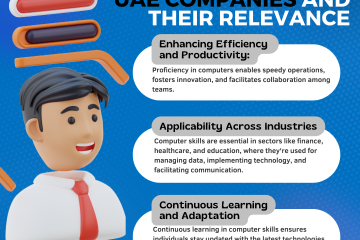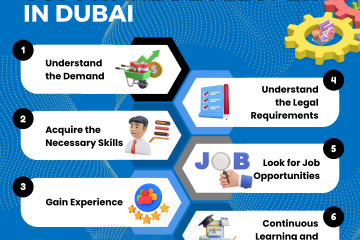Tech Sales leaders who belong to Gen X and Baby boomers are frequently telling IT Recruitment Agencies in Dubai like Silicon Valley Associates Recruitment, that they are struggling to maintain control of their IT organizations as power is shifting from executives to teams involving younger employees – the Millennials and Gen Z.
The increasing use of digital technology in the workplace has led to a new, information-driven model for revenue generation.
According to our partners across the Emirates, there’s a scenario in which the CEO of a competing brand tries to steal their customers at a Dubai event that they were not invited to – this is one of the biggest worries for CEOs of a technology startup that provides a leading sales execution platform.
This happens with most leading IT companies. A senior executive of one of SVA Recruitment’s large enterprise UAE clients was being courted by executives of a competitor at an event he wasn’t invited to attend. The company made a verbal agreement with the other software company to replace his software with theirs.
When the CEO announced his decision to change vendors, it was unexpected that his sales team said no, because the sales team had successfully secured the deal. The sales team persuaded the CEO to reverse his decision by using data and metrics to show that productivity outcomes were contingent on the platform. A direct conversation was made with the client’s leader about the production of his revenue engine and how it affected the company’s profit. Because they believed in the importance of their idea, his sales team’s attitude toward collaboration and hierarchy did not stop them from speaking up.
As we look at the changing workforce, here are three sales trend behaviors that every company management should take into account.
1. Tech Gurus eliminating the Tech hierarchies
Tech leaders in Dubai are being blown away by the younger generation’s boldness in finding an effective and direct way to get the necessary tool for their work.
In the not-too-distant past, a CEO’s decisions were rarely challenged by his or her subordinates, even when they knew those directives would disrupt their work processes. And this new generation has learned to be more adept at communicating their needs effectively.
Millennials are 24 or older, whereas Gen Zers are younger than 24. They have grown up with digital technology and are considered digital natives.
Research shows that most people owned their first smartphone before their first car. Because of this, they have grown accustomed to using information and data to collaborate and streamline processes. According to a Gallup study, they make up 46% of the full-time U.S. and Asia workforce, which gives them significant influence in culture building.
Millennials and Generation Zers have grown up in an environment that prizes collaboration over competition, and they are bringing this mentality into the workplace. According to a study by PwC, 65% of these younger workers feel that firm hierarchies hinder the success of younger employees. And if they aren’t getting what they need from their superiors, they will take their talents elsewhere.
2. IT pros and their connection to technology
Dubai’s Tech leaders need to get leverage from their talents, which can be accomplished by allowing team members to make their opinions known. Gen Zers and millennials in particular have strong opinions on the technology necessary to do their roles for the company effectively, when their superiors can provide this, it can speed processes.
IT leaders working with SVA Recruitment UAE take an iterative approach to employee engagement surveys and vendor evaluations. We ask our entire team to participate in the process, including all levels of employees to be certain that our company will be able to establish a collaborative working environment and provide efficient working tools.
3. Less Hierarchy = More Opportunities for Teamwork
A company’s executives no longer hold the power of a decision over the fate of a deal. More and more people are involved in B2B purchase decisions, and you must work to gain their approval before proceeding.
The increasing use of digital technology to conduct business has led to a trend toward greater collaboration and cooperation between individuals involved in selling.
The virtual world has become the new normal, and buyers now prefer to buy this way. However, in April 2020, 46% of sales executives said that face-to-face interaction was more effective than digital one. But with more companies adopting technology due to a pandemic, coupled with process adaptations, by 2022 those numbers would change drastically: 60% would indicate that their company’s most expository engine of growth was digital transformation.
Millennials and Generation Z are changing the sales process by using technology to increase efficiency. This can provide the benefit of getting rid of those uninformed verbal agreements, as well as help maximize and maintain sales teams, and businesses overall.
As the world continues to shift toward a digital economy, businesses face a challenge: how best to attract and retain younger generations of talent. Millennials want more than a paycheck—they want to use the latest technology in their day-to-day work lives. To keep up with the changing times, business leaders must be willing to move away from traditional sales practices and adopt new ways of collaborating with clients.


